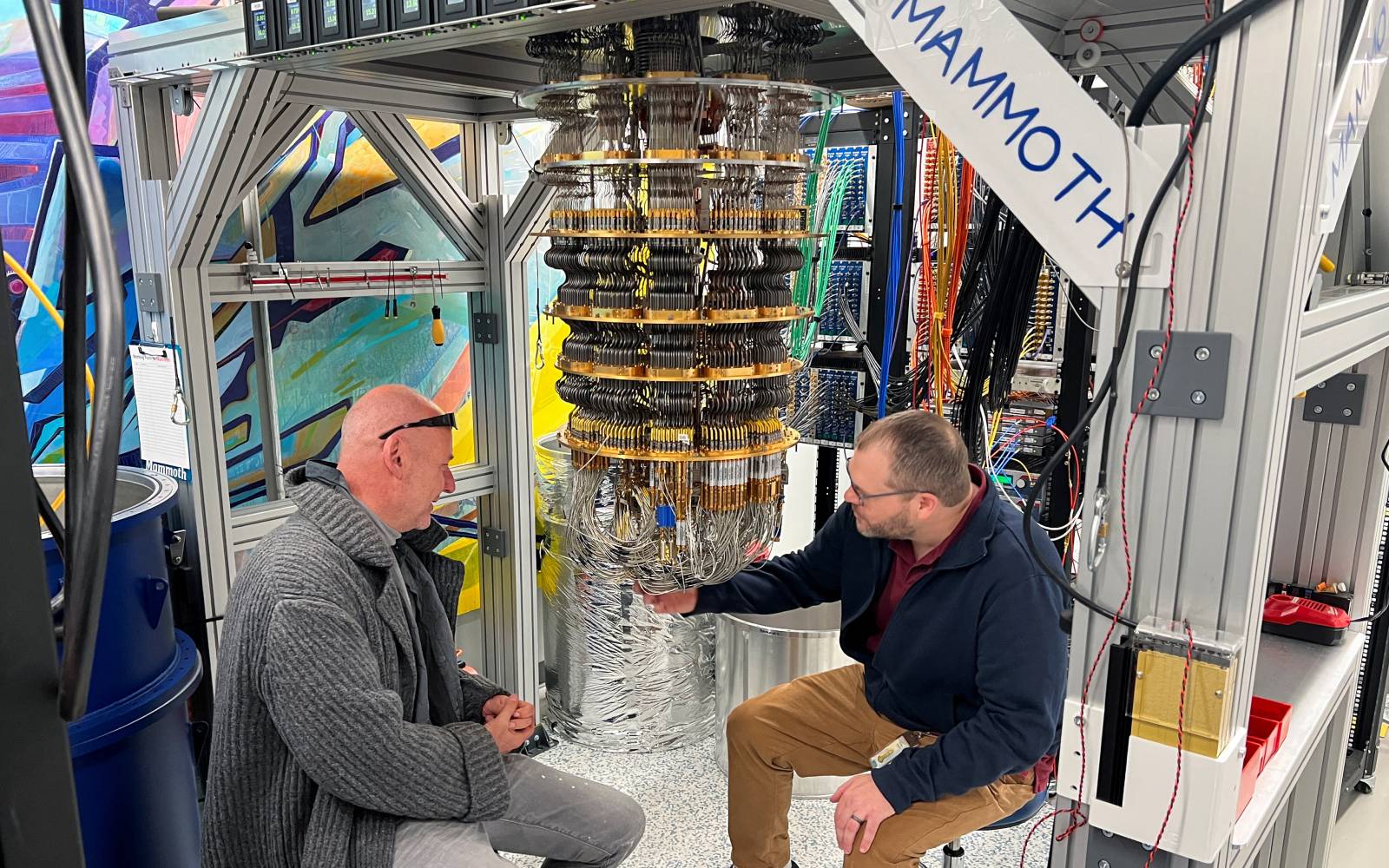AMSTERDAM – The European Union is set to invest €133 million ($142 million) in pilot production facilities for photonic semiconductors in the Netherlands, as part of a broader €380 million initiative to boost semiconductor manufacturing across Europe.
Photonic semiconductors, which use light instead of electrons to perform calculations, offer advantages in speed and power consumption, making them increasingly valuable for applications in data centers, autonomous vehicles, and more.
“Photonics is a technology of strategic importance,” said Dutch Economy Minister Dirk Beljaarts. “Our goal is to get a strong European competitive edge. From knowledge, innovation, supply chains to end products.”
The funding is part of the EU’s Chips Joint Undertaking, a public-private partnership aimed at promoting research and development in the semiconductor industry. Work on the Dutch facilities is expected to begin in 2025, led by the universities of Eindhoven and Twente in cooperation with the Dutch knowledge institute TNO.
Competitive Landscape The investment comes as European leaders have sounded the alarm about the bloc’s need to keep pace with the United States and China in strategic technology sectors.
Last year, executives from major European photonic chip companies called for €4.25 billion in EU funding to help the industry compete globally. And in a September report, former European Central Bank chief Mario Draghi said the EU must invest more rapidly to remain economically competitive.
“Photonics is a technology of strategic importance,” Beljaarts said. “Our goal is to get a strong European competitive edge.”
The new Dutch production facilities will rely on co-investment from companies that utilize the infrastructure, underscoring the public-private approach.
Advantages of Photonics Photonic semiconductors, also known as optical chips, offer several advantages over traditional electronic chips:
- Faster data transmission speeds
- Lower power consumption
- Improved heat dissipation
These properties make photonic chips well-suited for data-intensive applications in fields like artificial intelligence, autonomous systems, and 5G communications.
The EU’s investment in this cutting-edge semiconductor technology is part of a broader push to bolster Europe’s technological sovereignty and reduce reliance on foreign suppliers, particularly in critical industries.
As the global chip shortage has demonstrated, ensuring a robust, domestic semiconductor ecosystem is a key priority for policymakers in Brussels and national capitals across the continent.
Source: Reuters










